Furthering Advancements in Pharmaceuticals
In the medical and healthcare industries, the significance of precision and dependability grows immensely when lives are at stake. Medical devices and healthcare products, which rank among the most intricate and fragile technologies globally, must adhere to strict regulations and certification standards to ensure compliance. This begins at early R&D and testing, through production and distribution.
Throughout a pharmaceutical product’s life cycle, specialized equipment and sensor technologies are used by manufacturers, in both design and maintenance to provide unmistakable evidence of process quality and safety. Medical and health care product manufacturers, including pharmaceutical companies, turn to Interface because our high accuracy force measurement solutions are designed for reliable performance test and measurement projects. There is also tremendous demand for Interface’s ability to customize solutions that meet the exact measurement requirements of these sensitive applications.
Common Interface Products Used by Pharmaceutical Companies
Interface provides force measurement solutions for a wide variety of products and machines that help biotechnology and pharmaceutical product engineers to design, test and manufacture devices of all shapes and sizes. When it comes to equipment used in the manufacturing of medicine, Interface products are used to optimize production and reduce waste.
Pharmaceutical Solutions Using Interface Load Cells
Weighing and Distribution: Load cells are commonly used in pharmaceutical manufacturing facilities for accurately measuring and dispensing ingredients during the formulation process. They ensure precise measurements of active pharmaceutical ingredients and excipients, which is crucial for maintaining the quality and efficacy of the final product.
Tablet Hardness Testing: Tablet hardness is an important characteristic as it influences factors like disintegration, dissolution, and overall drug delivery effectiveness. Load cells are used in tablet hardness testers to precisely quantify the force required to break or fracture a tablet.
Tablet Forming Machine Optimization: These machines need to be finely tuned to ensure consistent tablet quality, weight, and other critical attributes. Load cells play a vital role in this optimization process by providing real-time force and weight measurements during tablet compression.
Capsule Filling Machines: Load cells are used in capsule filling machines to measure the weight of the powdered or granulated material being filled into each capsule. This ensures that each capsule contains the correct amount of medication, contributing to accurate dosing.
Quality Control: Load cells are used in quality control processes to verify the weight and consistency of the final pharmaceutical products. This helps ensure that products meet regulatory standards and maintain consistent quality.
Mixing: In the pharmaceutical industry, proper mixing and blending of ingredients are critical to achieving uniformity in formulations. Load cells are used in mixing equipment to monitor the force exerted on the mixture, ensuring that ingredients are thoroughly and uniformly blended.
Packaging and Filling: Load cells are employed in packaging and filling processes to accurately measure the weight of the product being filled into containers such as bottles, vials, and blister packs. This helps prevent underfilling or overfilling of products, ensuring proper dosing for patients.
Bioreactors and Fermenters: In the production of biopharmaceuticals and vaccines, load cells are used in bioreactors and fermenters to monitor the weight of the culture medium and cells. This information is crucial for controlling and optimizing the growth conditions of microorganisms or cells used in the production process.
When it comes to product development in the United States, both medical devices and pharmaceuticals are required to not only adhere to stringent FDA regulations, but they must also be proven to safe and effective to doctors and patients. Similarly, these essential safety testing prerequisites are universally standard in most developed nations when seeking pre-release approvals.
Consult with our application engineers to see what type of products will meet your stringent requirements.
Pharmaceuticals_InfographicPoster
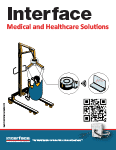
 Interventional Guidewire Quality Inspection
Interventional Guidewire Quality Inspection

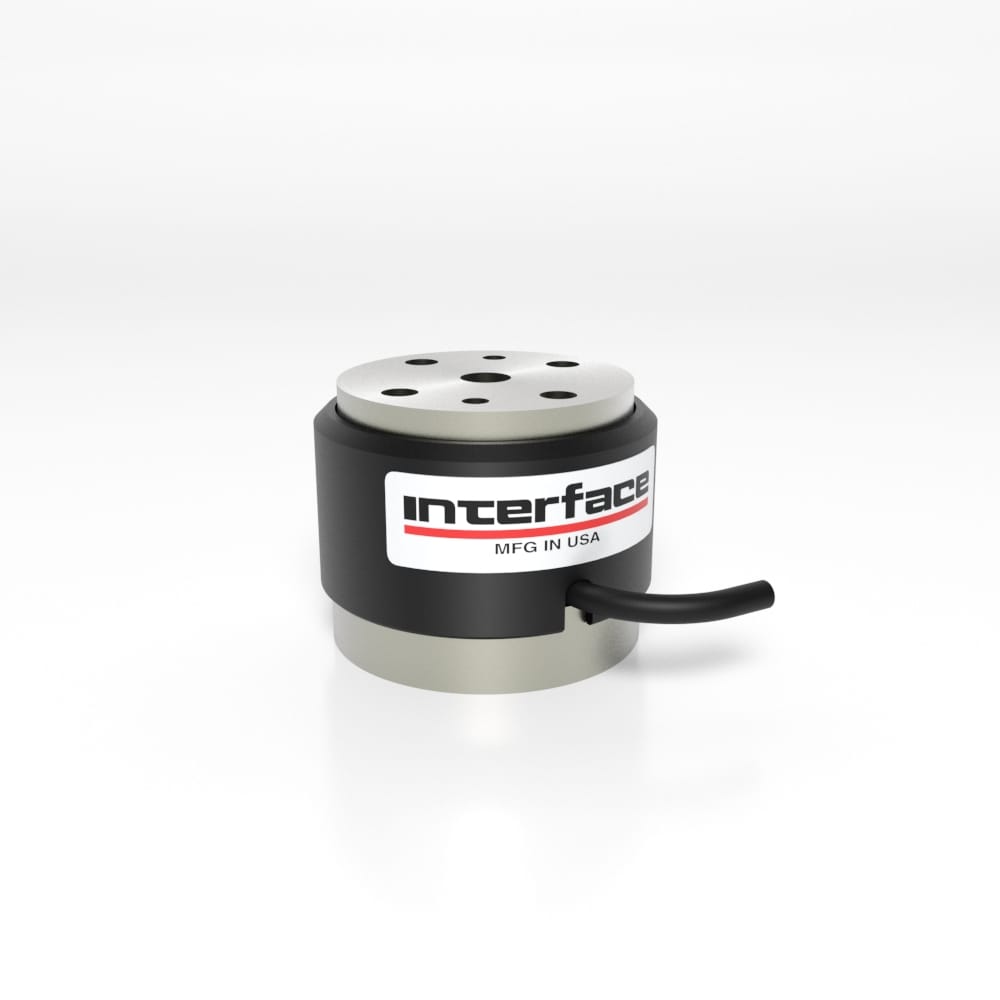

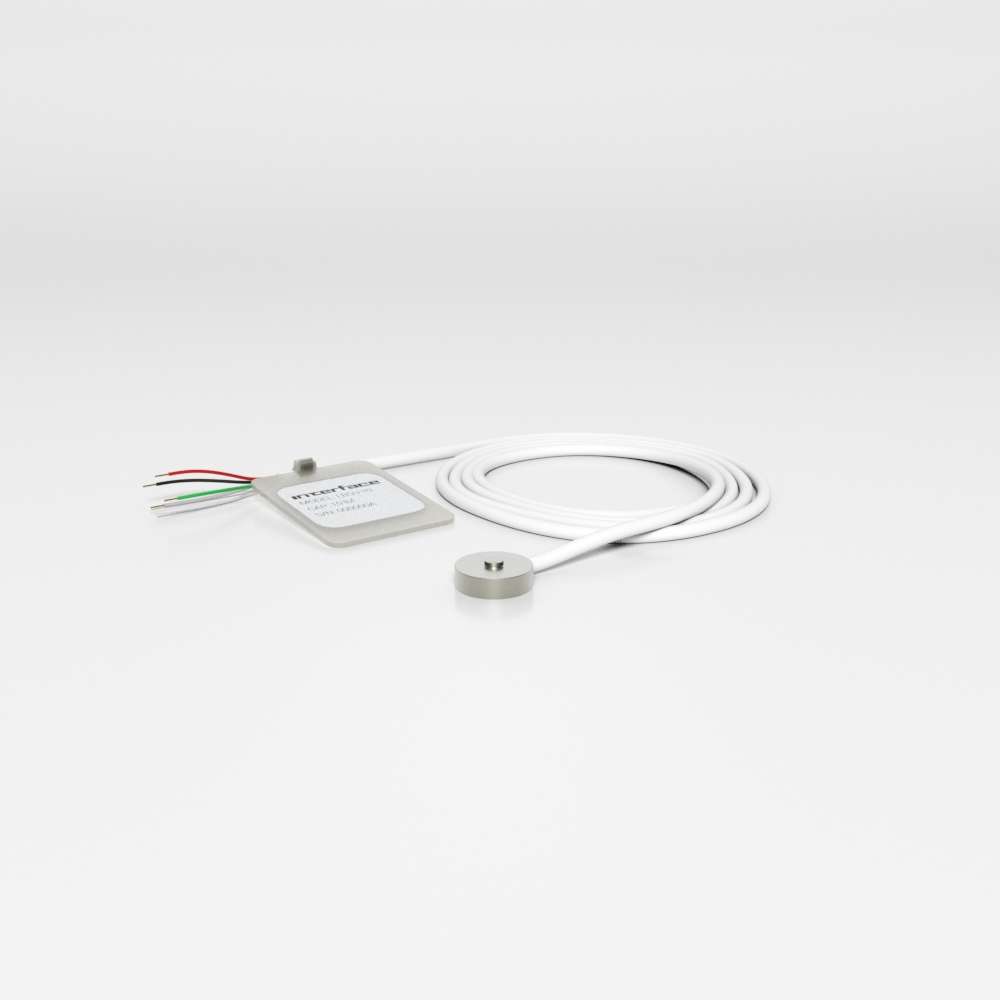
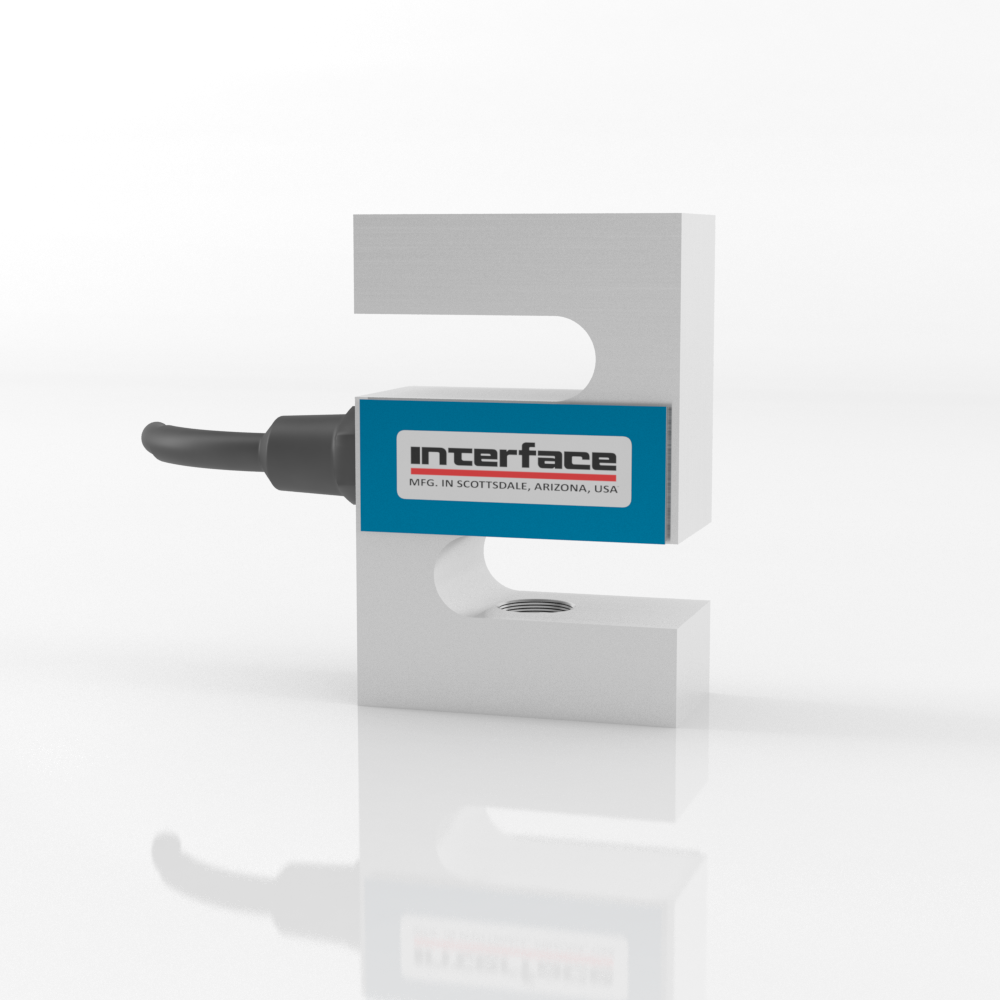
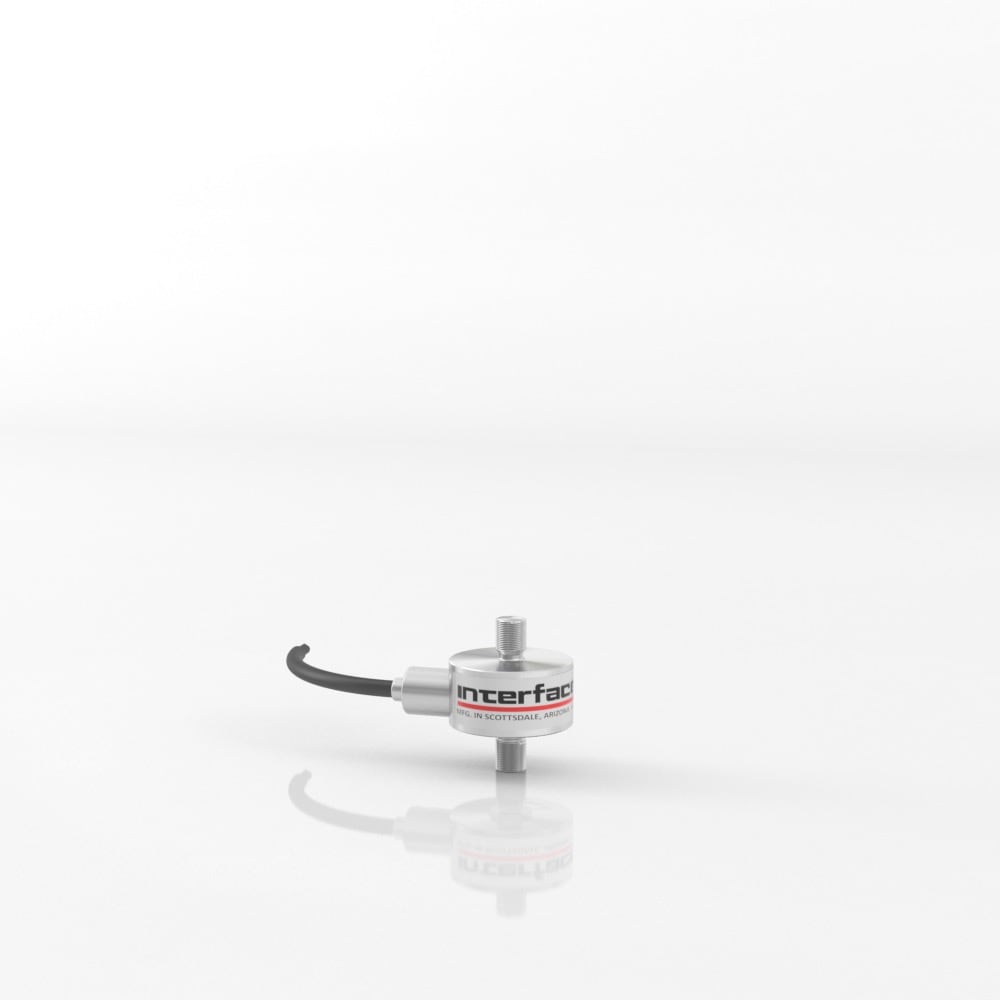
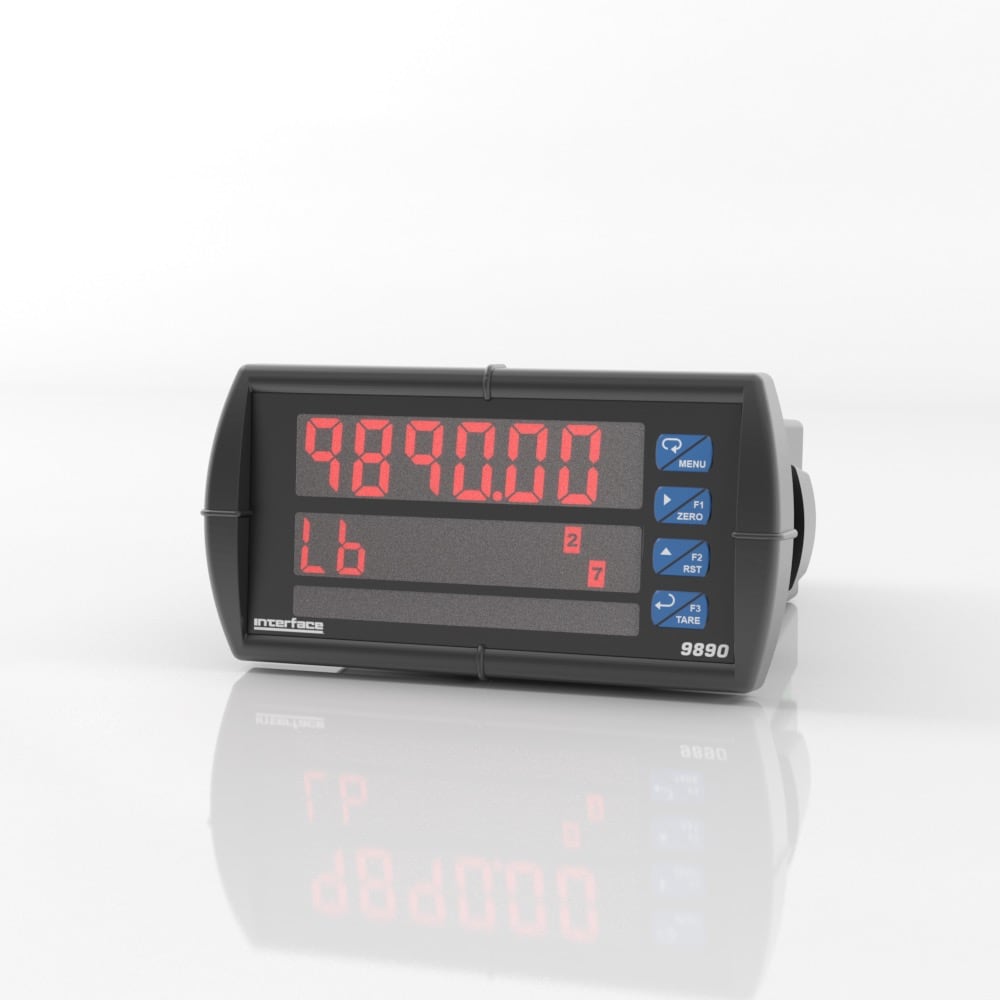
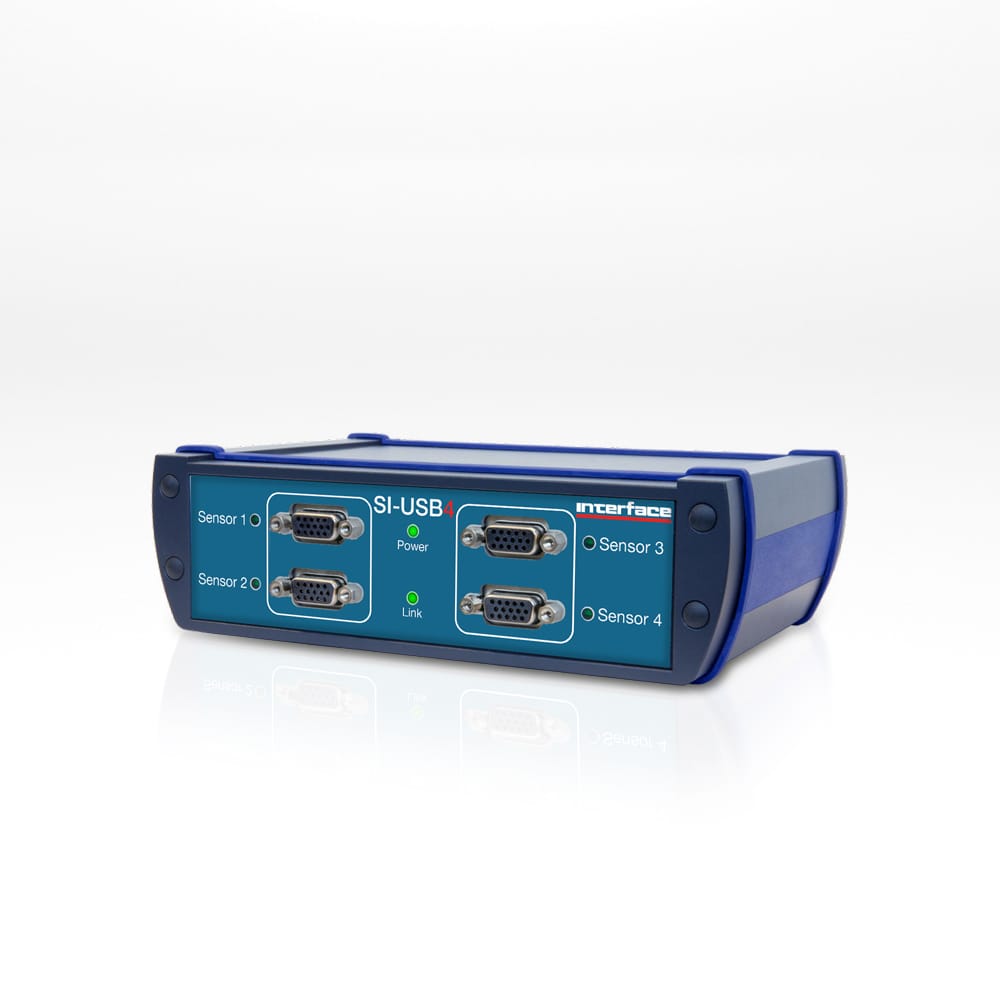
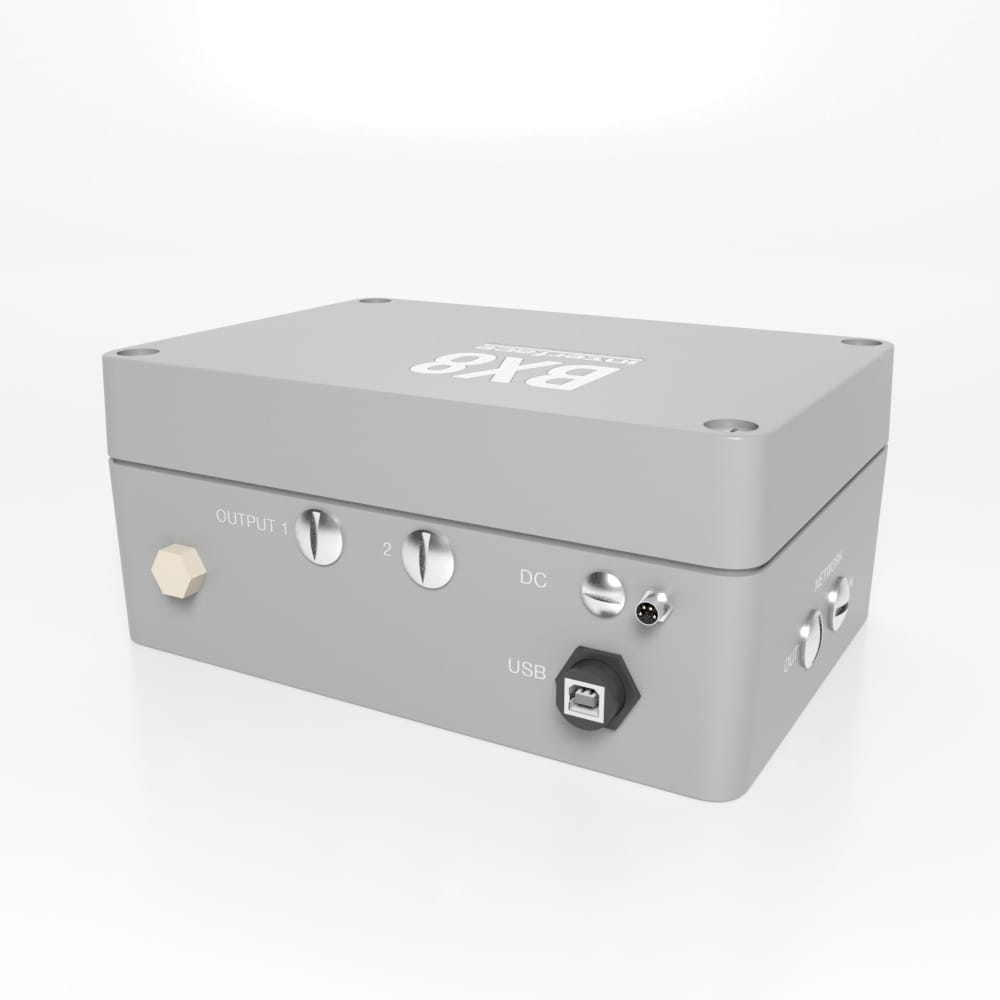


New Interface White Paper Highlights Turning an Active Component into a Sensor
/in Blog /by Jamie GlassThe most common uses of force measurement in OEM (original equipment manufacturer) applications are when a force sensor is designed into a product that will be produced at mid to high volumes and provides real-time force feedback on certain product […]
Interface Multi-Axis Sensor Market Research
/in Blog /by Jamie GlassRecently, Interface commissioned an independent research report on multi-axis sensors demand and use cases. This is a product line that Interface has made significant investments in as more customers require increased load cell functionality and additional source data from their […]
Force Solutions for Medical Tablet Forming Machines
/in Blog /by Brian JohnsonIn the medical and healthcare industry, accuracy is an absolute imperative in the devices used in every stage including diagnosis, surgery, health monitoring and even after care. This also applies to the specialized equipment used by pharmaceutical manufacturers, in both […]
Testing the Reins
/in Blog /by Brian JohnsonThink of nearly any piece of hardware, especially those with moving components, and chances are a force measurement device was used in its development and testing. Interface supplies load cells, torque transducers, load pins, tension links, and data acquisition devices […]
Faces of Interface Featuring Richard Snelson
/in Forceleaders /by Brian JohnsonRichard Snelson, president of Measurements Incorporated, is the leader of our outstanding manufacturers’ representative firm serving the Mid-Atlantic coast of the US. The origin of the company, that supports customers in this region with application solutions for structural, material, and […]
Looking Forward to the New Year
/in Blog /by Brian Johnson2020 has been a challenging year for most. Despite the disruption every person and industry has faced this past year, Interface continues to keep our eyes on the future. What can we do to meet our customer’s needs today and […]
Interface Load Cell Indicators 101
/in 101 Series, Blog /by Brian JohnsonAt Interface, our claim to fame is that we offer the most accurate and reliable force measurement devices on the market, from load cells to torque transducers and everything in-between. However, no test is complete without the system used to […]
Faces of Interface Featuring James Richardson
/in Forceleaders /by Brian JohnsonBorn in Arizona but growing up in the rural area of Cotton City, New Mexico, James Richardson was only exposed to the opportunity of a career in engineering after moving back to Arizona. After graduating as his high school class […]
Understanding Uncertainty in Load Cell Calibration
/in Blog /by Brian JohnsonIn force measurement testing, accuracy is the most critical factor in ensuring the data you collect can help to identify challenges, failures and opportunities in the product design and development cycle. Here at Interface, we have mastered the art of […]
ConvexBT Load Button Load Cell Featured Online at Sensor Tips
/in Blog /by Brian JohnsonInterface’s newest product release, ConvexBT, is featured in the Sensor Tips, the respected online resource publication for electronics engineering challenges of today and tomorrow. Featured in the post “How can a load cell force sensor be used in increasingly smaller […]